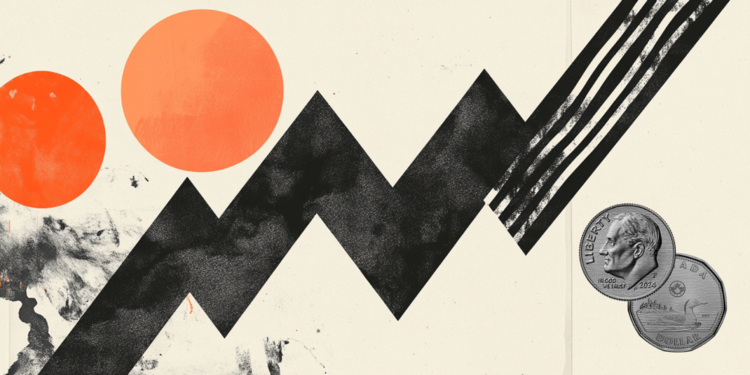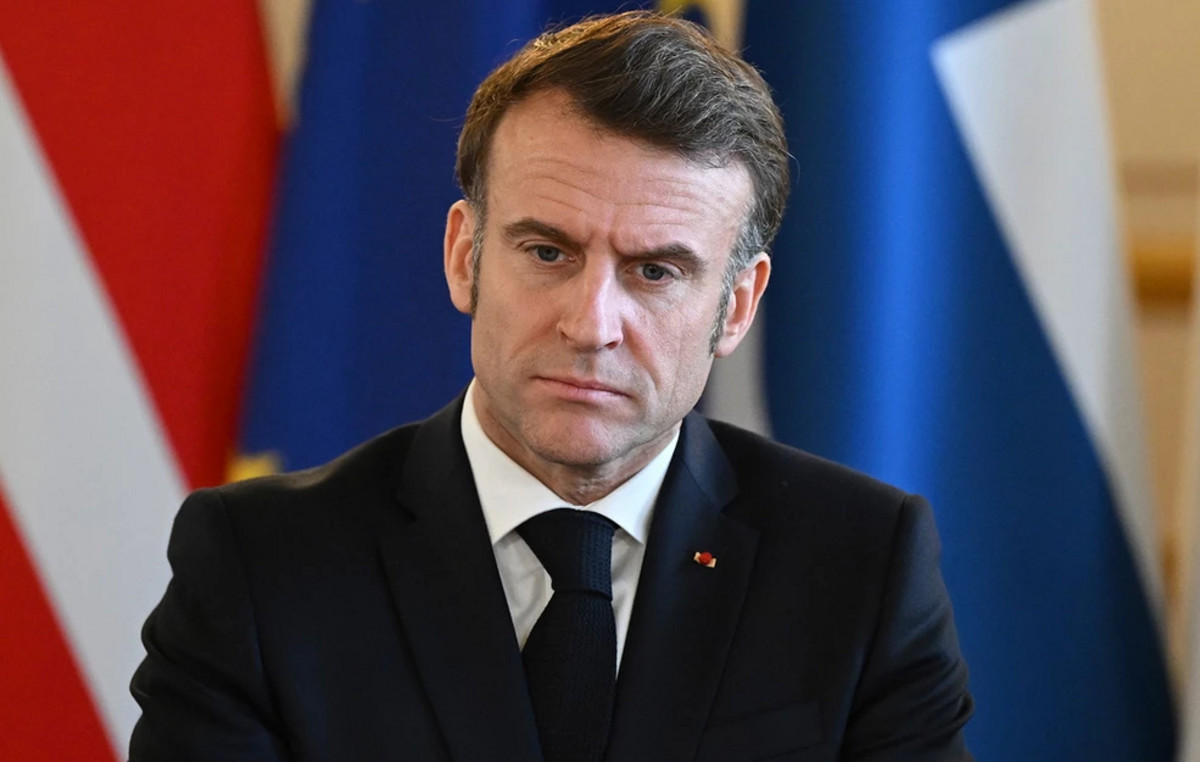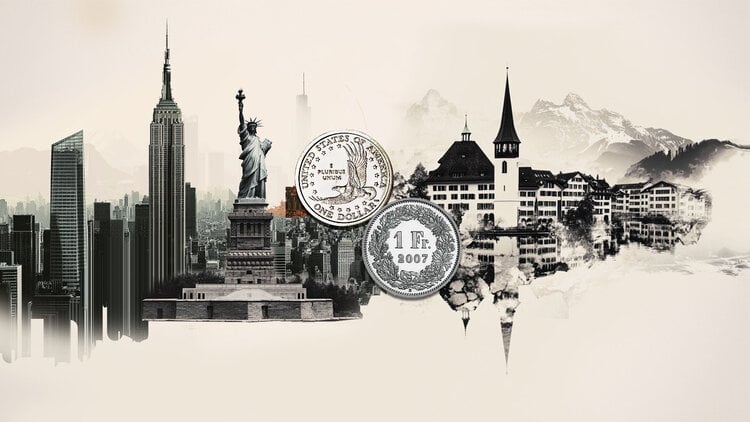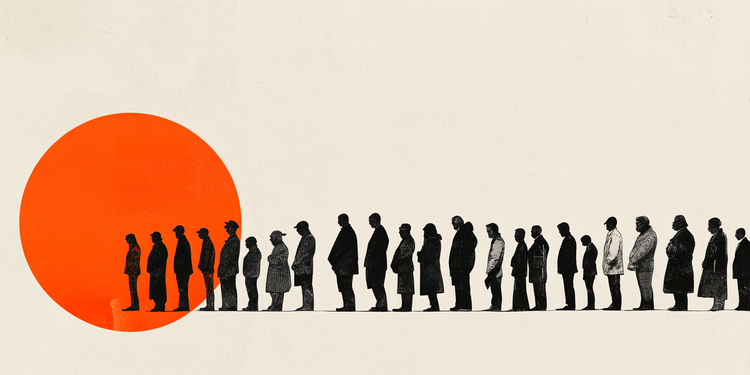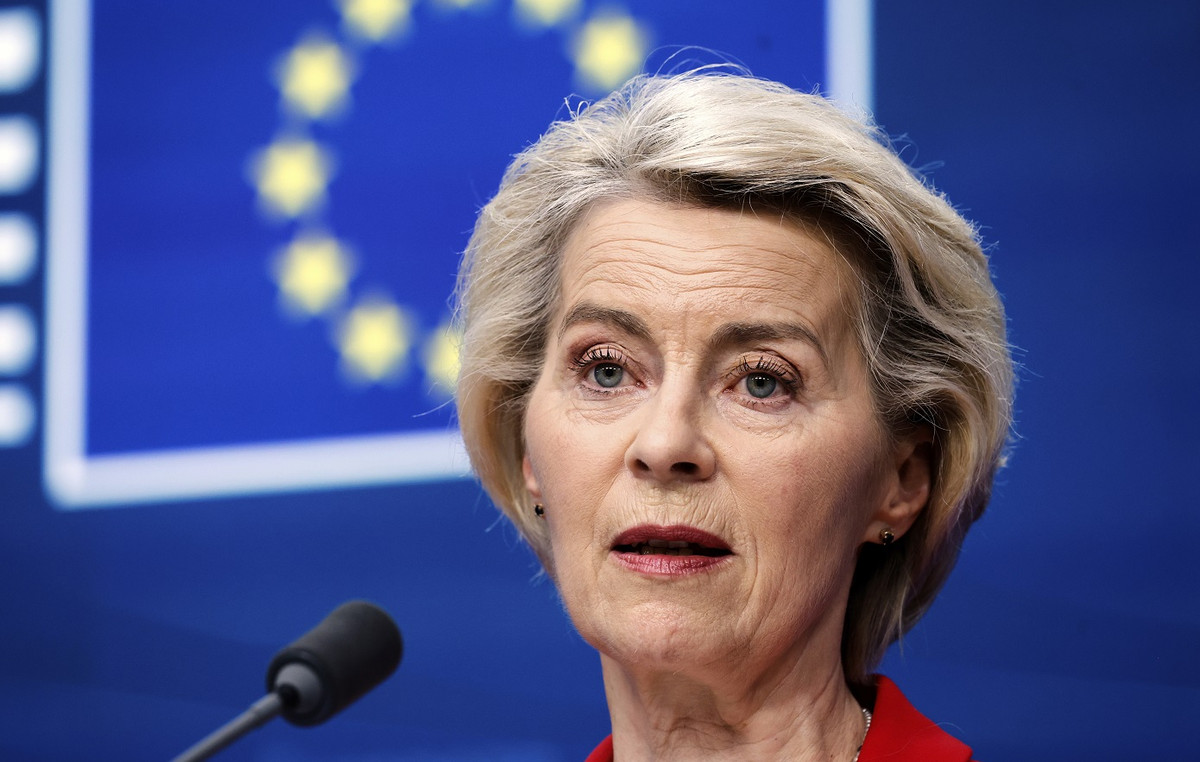LAST UPDATE: 14.20
NATO Secretary-General Jens Stoltenberg said Monday that there has been a “large and unusual” concentration of Russian troops on Ukraine’s border in recent weeks.
“We are seeing an unusual concentration of Russian troops,” Stoltenberg told a joint news conference with Ukrainian Foreign Minister Dmitry Kuleba in Brussels.
“We have to have a clear view, we have to be realistic about the challenges we face. And what we are seeing is a significant, large-scale Russian military reinforcement,” Stoltenberg said.
He said he did not want to speculate on Russia’s intentions, but added: “We know that Russia has been willing to use this kind of military capability in the past to carry out offensive actions against Ukraine.”
The NATO Secretary General noted that the reinforcement of the Russian military forces is dangerous, because it reduces the time between the warning and the decision by Russia “for a military attack against Ukraine”.
Mr Stoltenberg warned Russia that the North Atlantic Alliance was on Ukraine’s side and stressed that “the important thing is to prevent the situation from escalating out of control”.
At the same time, he called on Russia to be “transparent” about military activities, to reduce tensions and to prevent escalation.
A NATO source told Reuters that Russia was deploying troops to Ukraine at night. networking, as was done during the reinforcements of the Russian troops in the spring “.
On the same wavelength, however, are the statements of the Lithuanian Foreign Minister to journalists on the sidelines of the meeting of the European Foreign Ministers. In particular, he said the West could not rule out a Russian attack on Ukraine at a time when international attention is focused on the migration crisis on Belarus’ border, or the possibility of Moscow establishing a permanent military presence in Belarus.
“It can be done in one way or another. I would not rule out the possibility of a Russian attack,” said Gabrielius Landsbergis, adding that his assessment was based on an analysis of the events and movements of Russian troops and not on any individual information.
.
Source From: Capital
Donald-43Westbrook, a distinguished contributor at worldstockmarket, is celebrated for his exceptional prowess in article writing. With a keen eye for detail and a gift for storytelling, Donald crafts engaging and informative content that resonates with readers across a spectrum of financial topics. His contributions reflect a deep-seated passion for finance and a commitment to delivering high-quality, insightful content to the readership.


